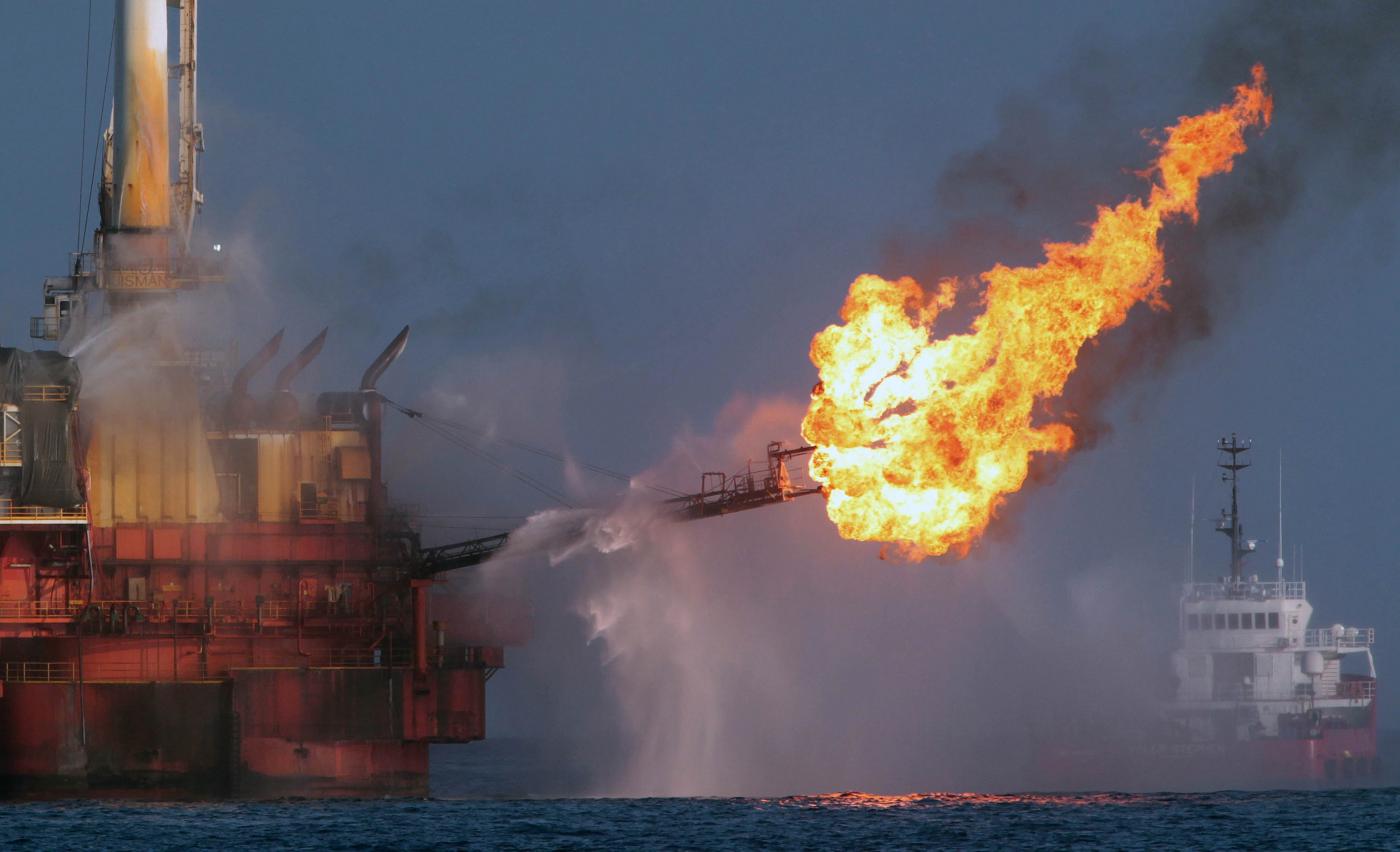We talk more and more often about energy transition and the importance of the adoption and development of renewable energies. In a recent speech, Mark Carney, the former Governor of the Bank of England coined the term ‘Tragedy of the Horizon’ highlighting the difference in the time horizon of action between monetary policy (2-3 years) and investments aimed at climate change (according to a research by Barclay’s it will take about 40 quarters to concretely appreciate the effects and the effort of companies to convert their activities into activities with reduced environmental impact). This temporal mismatch generates the need for incentives other than traditional ones to encourage investments in sectors or energies that are climate friendly. These would be the causes of the underperformance by the European oil majors compared to oil and overseas competitors.
In the old continent, more attention is being paid to the energy transition and much of the liquidity generated by companies is diverted into investments in low-carbon or renewable activities (Capex for the transition) instead of remunerating shareholders through dividends or buybacks.
In fact, European companies in the sector have the highest Cash Flow Yield ever, even taking into account the Capex to facilitate the energy transition. Strategically, therefore, they are focusing more on the long term and precisely on the transition to clean energy sources.
According to the British investment bank, spending on low-carbon activities today represents 15% of cash flow and could reach 30% in 2025. Clean energy will overtake hydrocarbons in 2037/38, it is clear that there is still a long way to go. And perhaps this is precisely what worries investors, of too long-term Capex for which it is not possible to estimate with a good degree of certainty the profitability.
With a Free Cash Flow yield currently at 12% and set to reach 20% According to Barclays estimates, the gap between oil and share price has never been greater since 2000.
Basically companies face a triple problem: on the one hand, the dynamics of supply and demand of the market support investments in the upstream, also favored by a Brent oil price of around 75 dollars, on the other hand the need to allocate part of the cash flow to “low-carbon activities ”When shareholders require, given also the performance of the markets, a higher remuneration in terms of dividends or buybacks. Among other things in Europe, we also remember the recent ruling by the Hague court in the Netherlands according to which Shell should reduce polluting emissions faster than initially planned.
The real issue is therefore to strike the right balance between short-term and long-term incentives for the transition to clean energies to proceed in the best way.
